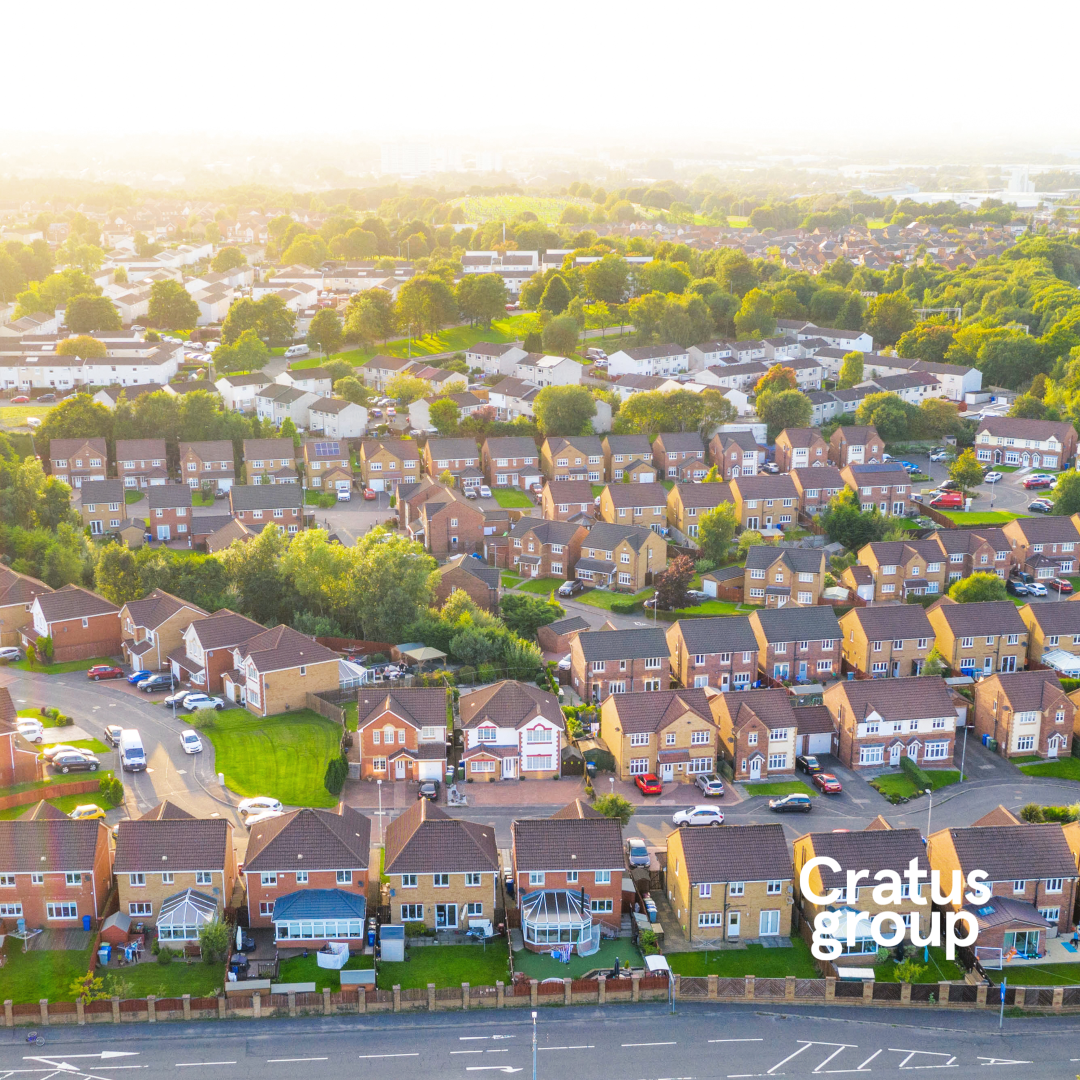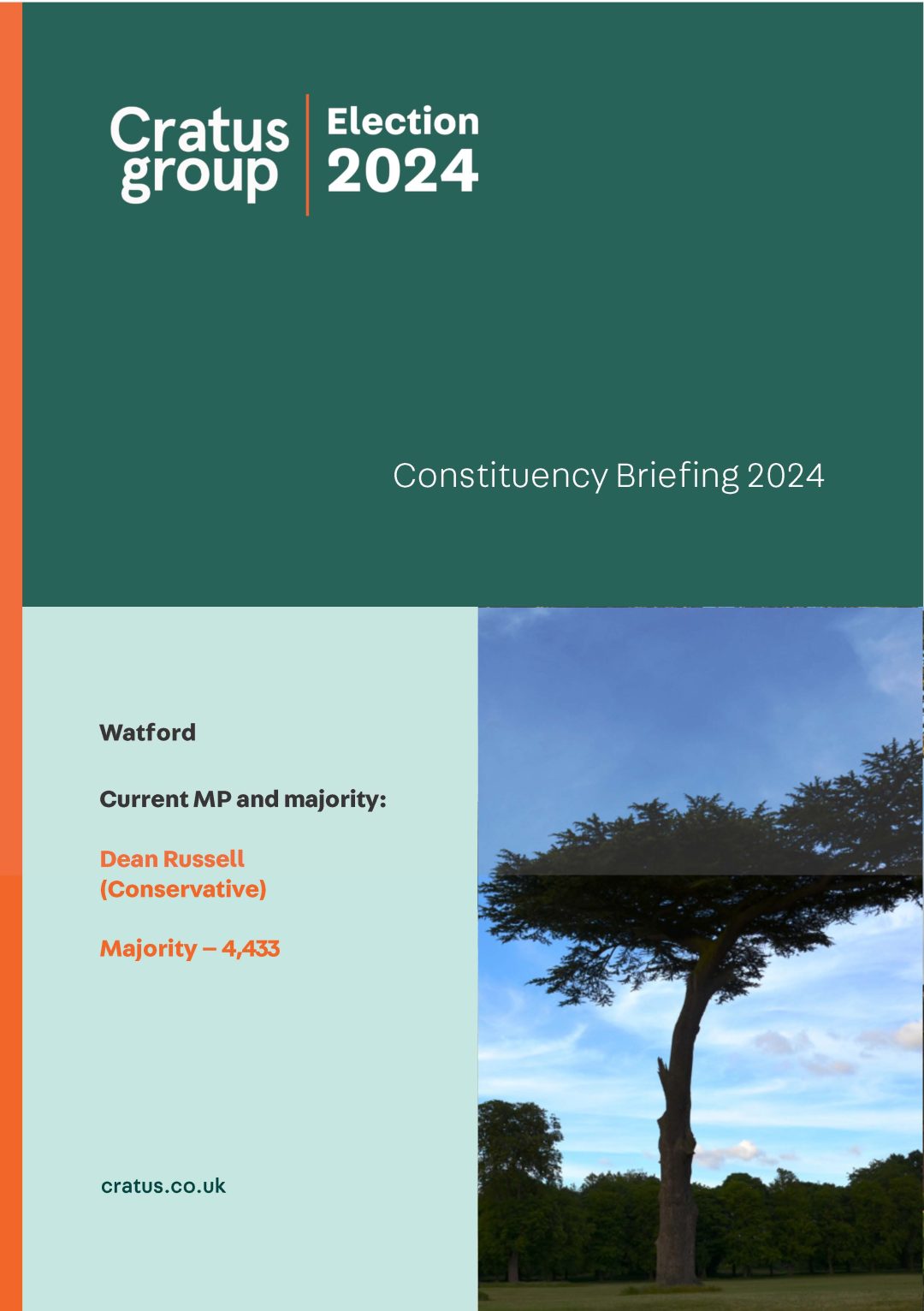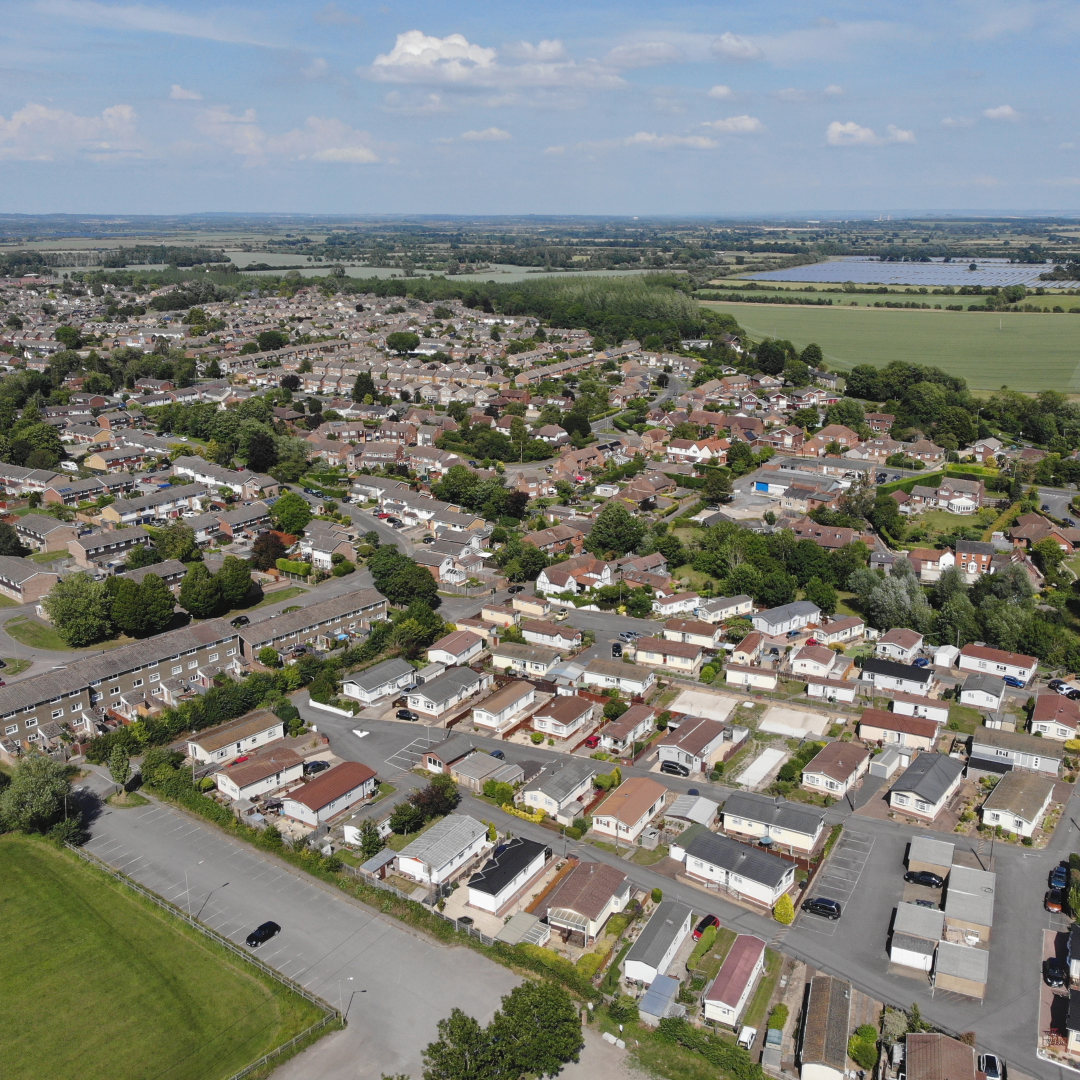Show Me The Money
“It’s the economy stupid” was the slogan for Bill Clinton’s 1992 Presidential campaign.
It has pretty much become the slogan for every General Election since then and the economy, stupid (or is it the stupid economy?) will hang over this year’s. Battered by a combination of Covid, war and the lettuce, the British economy is stuttering along. The Conservatives think the best answer to a question no-one understands is to squeeze as much out of it as possible for tax cuts while Labour has limited room for manoeuvre and is relying on economic growth for much of its plans to invest in our decaying public services.
With this in mind, Shelter and the National Housing Federation (NHF) have published research into the impact of building social housing on the economy. While the social case for more social housing is easily understood, the economic case is much less discussed or quantified. The report “The Economic Impact of Social Housing” was conducted by The Centre for Economics and Business Research (CEBR). It evaluates the impact on economic activity and taxation of building 90,000 social rented homes (the annual number which Shelter, NHF, CIH and other national bodies support).
The report claims that building these homes would produce £31.4bn in societal benefits including £9bn in employment, £3bn reduction in benefits (as social rents are cheaper than the private sector alternatives reducing housing benefit/universal credit costs), £5bn in reduced health costs, and £4.5bn reduction in the spending on homelessness (a cost which we have already seen is driving some local authorities towards bankruptcy). Over a thirty year period the net benefit to the economy would be £87bn which drops to a £51bn net benefit after the cost of the grant funding to deliver homes at a social rent is taken into account.
The payback period for the Exchequer is calculated at 11 years, however when factors in the wider economy are considered it has a positive impact after only three years. This should be compelling for any government looking for a rapid return on investment along with economic growth.
Having read the report I feel that if anything the impact is understated. It assumes that the people moving into these 90,000 homes do not buy anything when moving in, e.g. furniture, curtains, bedding, crockery, cutlery etc. Even if a large proportion of these are donated, or if people only spent an average £200 per household that would generate £18m in sales up front and much more over the 30 year period. More substantially the impact on council tax for local authorities is not included. The average council tax per household is £2,000. Even if half of that attracts council tax benefit and the banding of these social homes resulted in half the average council tax, that would generate £45m per year or over £1bn over 30 years. I am sure there would be other knock-on economic benefits too.
Given the priority politicians are giving to the economy this report is timely (by design) in this General Election year and hopefully those that need to will take note.







